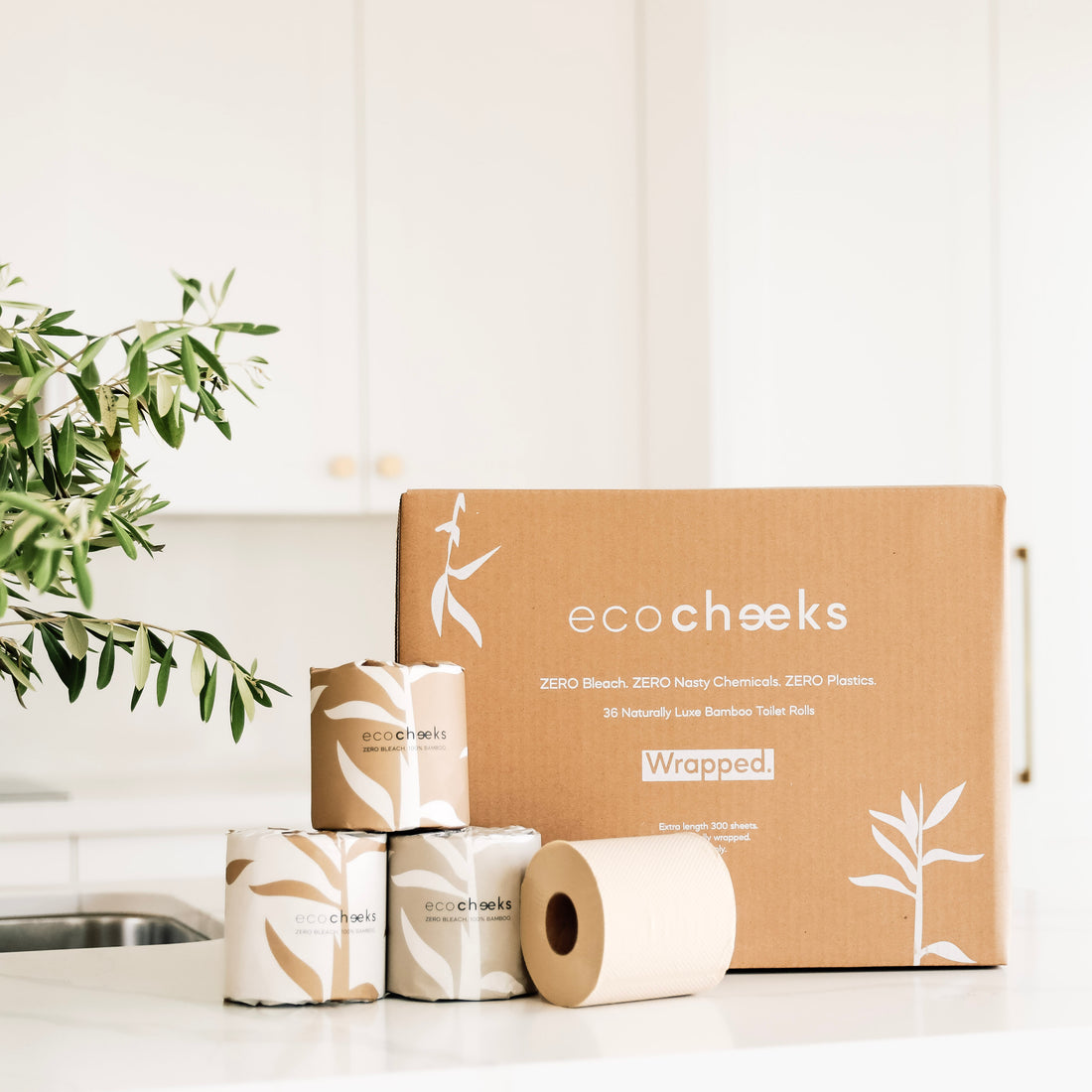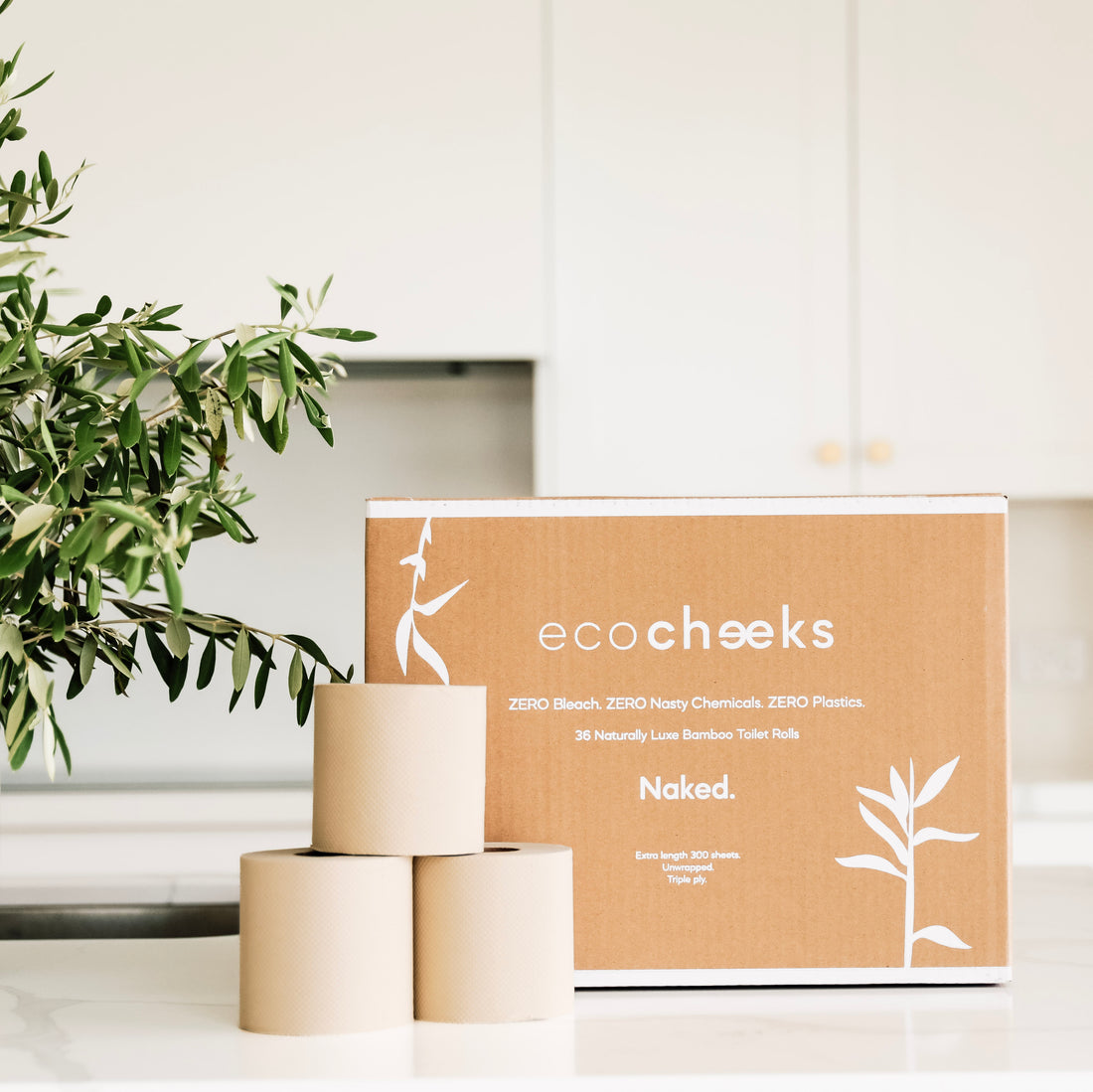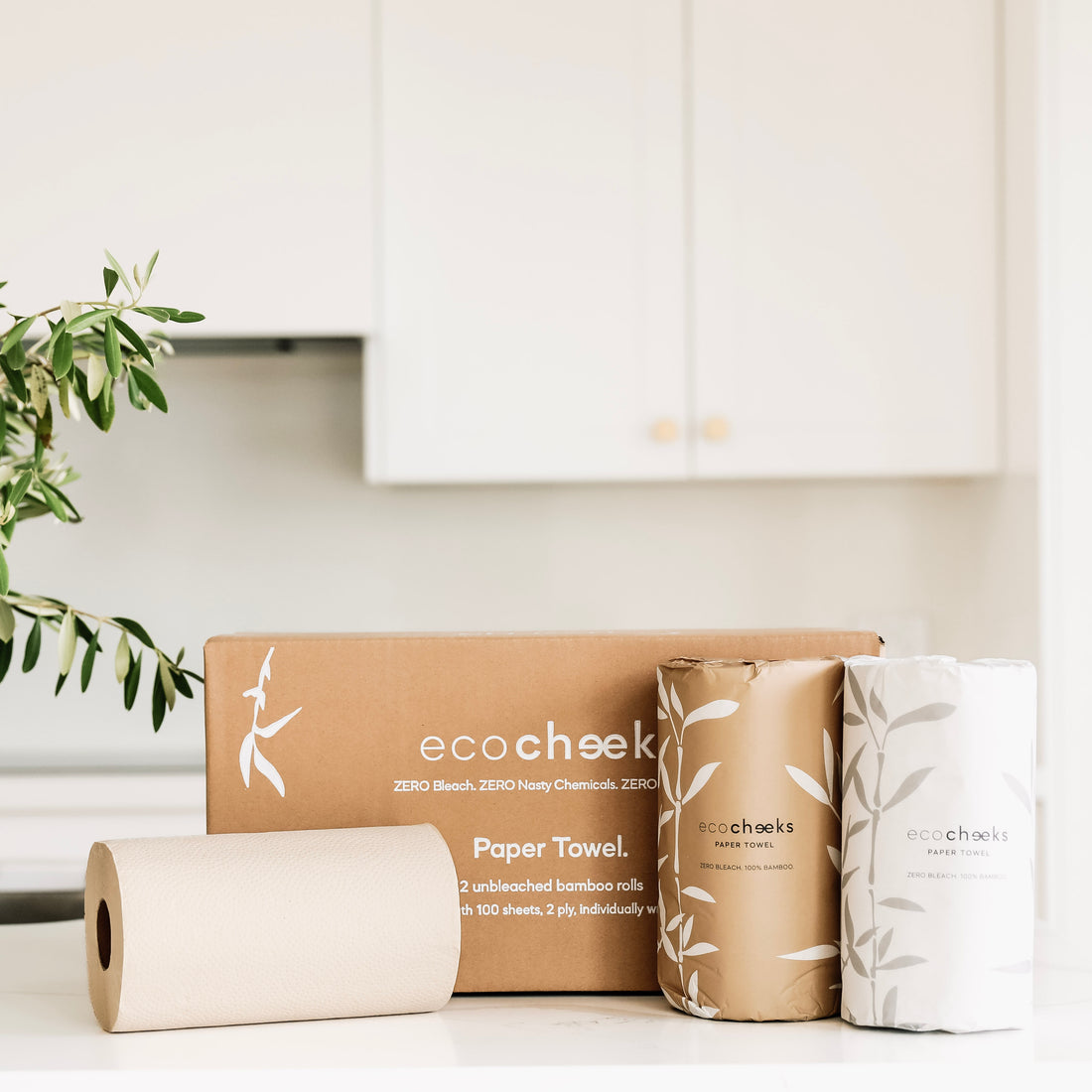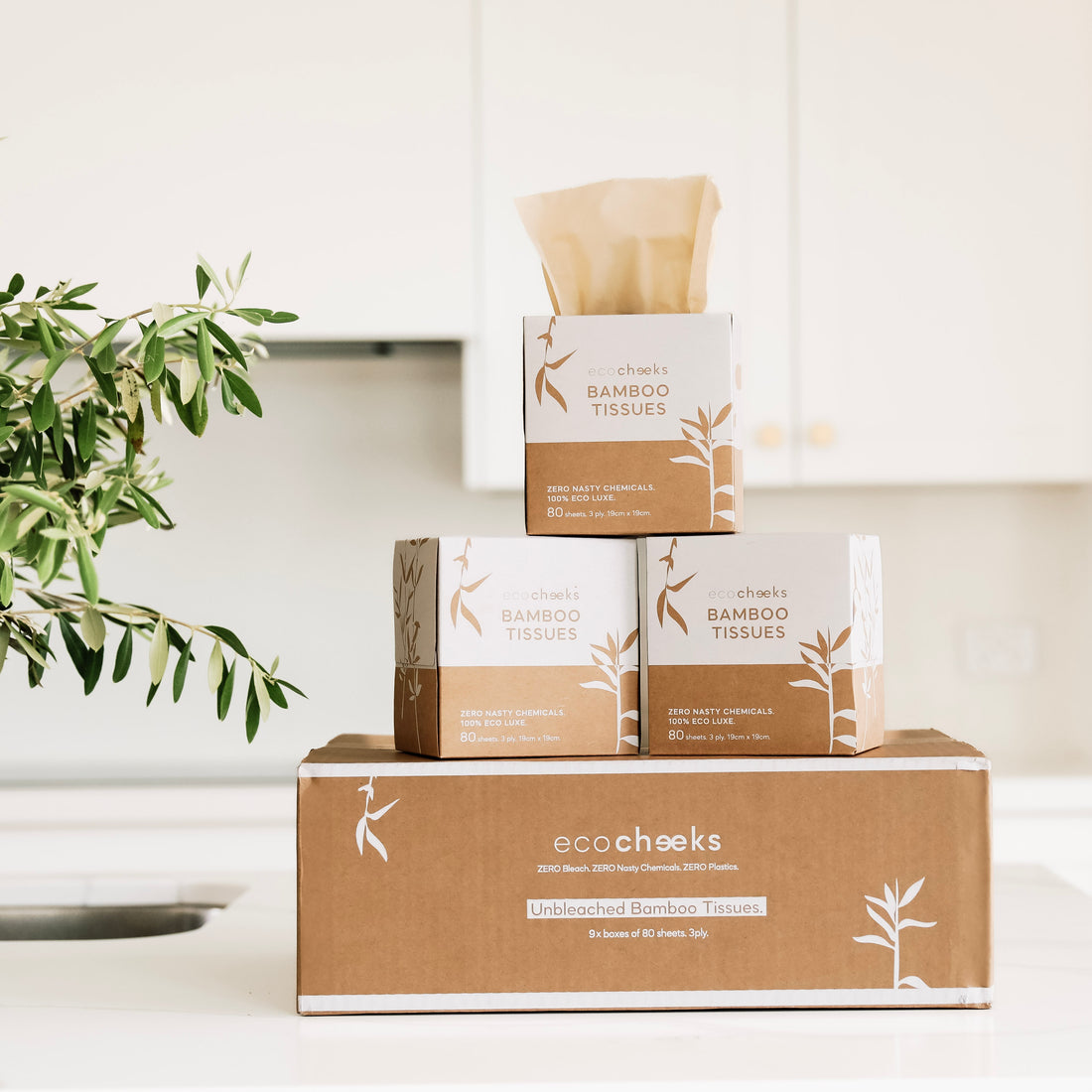Did you know that the concept of composting dates back thousands of years? Most early civilizations practiced some form of composting by spreading manure and plant waste on fields to improve fertility. Researchers have found clay tablets from the Akkadian Empire, around 2350 BC, which are the first to speak of “making” compost for agricultural use. Fast forward to modern times, and Sir Albert Howard, a British botanist, is often credited with pioneering modern composting methods in the early 20th century. Today, composting is more accessible than ever, and you can easily get started right in your own backyard.
Home composting is a simple yet powerful way to reduce your household waste and give back to Mother Nature. In addition to being environmentally beneficial, it's also a fun and rewarding way to connect with the environment and see the fruits (or compost) of your labour scraps into nutrient-rich soil.
Why Compost at Home?
Let's talk about why home composting is revolutionary before we get too technical. Every year, Aussies throw away millions of tonnes of organic waste, most of which ends up in landfill, producing harmful greenhouse gases. By composting at home, you can significantly reduce your waste, enrich your garden soil, and help combat climate change. It's also an effective way to teach children about the circle of life and sustainability.
Getting Started with Home Composting
Choose Your Composting System
First things first, you need to pick a composting system that suits your lifestyle and space. Here are a few popular options:
- Compost Bin: Ideal for small to medium gardens. These bins are enclosed, keeping pests out and odours in.
- Compost Tumbler: Great for those who want to speed up the composting process. These tumblers make it easy to mix the compost regularly.
- Worm Farm: Perfect for apartments or homes with limited space. Worms break down organic matter quickly, producing nutrient-rich worm castings.
- Bokashi Bin: A compact and odourless option that uses fermentation to break down food scraps. It's suitable for indoor use and small spaces.

What Can You Compost at Home?
Now, let's talk about what you can toss into your home compost. The key to successful composting is balancing green (nitrogen-rich) and brown (carbon-rich) materials.
Green Materials:
- Fruit and vegetable scraps
- Coffee grounds and tea bags
- Fresh grass clippings
- Plant trimmings
- Eggshells (crushed)
Brown Materials:
- Dry leaves
- Twigs and small branches
- Shredded paper and cardboard
- Straw and hay
- Sawdust (untreated wood)
What You Shouldn't Compost at Home
To keep your compost healthy and odour-free, avoid adding these items:
- Meat and dairy products
- Fats, oils, and grease
- Pet waste
- Diseased plants
- Weeds with seeds
- Glossy or coated paper
Home Compostable vs. Commercial Compostable

Knowing the difference between materials that are suitable for home composting and those that are suitable for commercial composting is one of the trickiest parts of composting. Not everything that can be composted can be broken down in a home composting system. Here’s a closer look:
Home Compostable
Home compostable items can decompose in your backyard compost bin or pile. These non-food products that are designed to break down under the conditions typically found in a home composting system, which includes lower temperatures and less intensive management than commercial composting facilities.
Some home compostable items include:
- Certain types of food packaging (look for certification symbol above)
- Paper and cardboard products (uncoated)
- Some types of bioplastics (certified home compostable)
Commercial Compostable
Commercial compostable products require high temperatures and controlled conditions of an industrial composting facility to break down completely. These facilities manage compost piles to reach temperatures that can break down tougher materials that wouldn't decompose in a home composting setup.
Commercial compostable items include:
- Compostable plastics (e.g., cutlery, cups, bags)
- Some food packaging
- Certain bioplastics
Important: Always check the packaging for certification labels to know if a product is home compostable or requires commercial composting.

Tips for Successful Home Composting
To ensure your composting journey is smooth sailing, here are some handy tips:
- Balance Greens and Browns: Aim for a 50/50 mix of green and brown materials. Too much green can make your compost soggy and smelly, while too much brown can slow down the decomposition process.
- Aerate Regularly: Turn your compost pile or bin every few weeks to introduce oxygen, which helps speed up decomposition.
- Maintain Moisture Levels: Your compost should be as damp as a wrung-out sponge. Add water if it's too dry or add more brown materials if it's too wet.
- Chop Materials: Smaller pieces decompose faster, so chop up larger items before adding them to your compost.
- Layering: Start with a layer of coarse materials like twigs or straw at the bottom to help with aeration. Then, alternate layers of green and brown materials.
Fun Composting Projects with Eco Cheeks
To make composting even more enjoyable, here are some fun projects you can try:
- Compost Tea: Steep a bag of finished compost in water for a few days to create a nutrient-rich liquid fertiliser for your plants.
- Compost Sifter: Build a simple sifter using mesh and wood to separate the fine compost from larger pieces that need more time to break down.
- Worm Towers: Create a worm tower in your garden bed by burying a perforated pipe filled with food scraps. Worms will come up to feast and help aerate your soil.
Eco Cheeks' Commitment to Sustainability
At Eco Cheeks, we're passionate about sustainability and helping our community live greener lives. Our products are designed with the environment in mind, and we strive to use materials that are either home compostable or recyclable. By composting at home, you're joining us in our mission to reduce waste and protect our beautiful planet.

Composting FAQs
Can I Compost Citrus Peels and Onion Skins?
Yes, but in moderation. Citrus peels and onion skins can be composted, but they take longer to break down and can make your compost too acidic if added in large quantities. Chop them up and mix them well with other materials.
What About Weeds?
Weeds can be composted, but it's best to avoid those with seeds or invasive species that might survive the composting process and spread in your garden.
How Do I Know When My Compost Is Ready?
Your compost is ready when it's dark, crumbly, and has an earthy smell. It should no longer resemble the original materials you added.
Home composting is an easy, effective, and rewarding way to reduce your waste and nourish your garden. With a little effort and the right materials, you can create rich, organic compost that benefits your plants and the environment. Remember, every small step towards sustainability makes a big difference.








